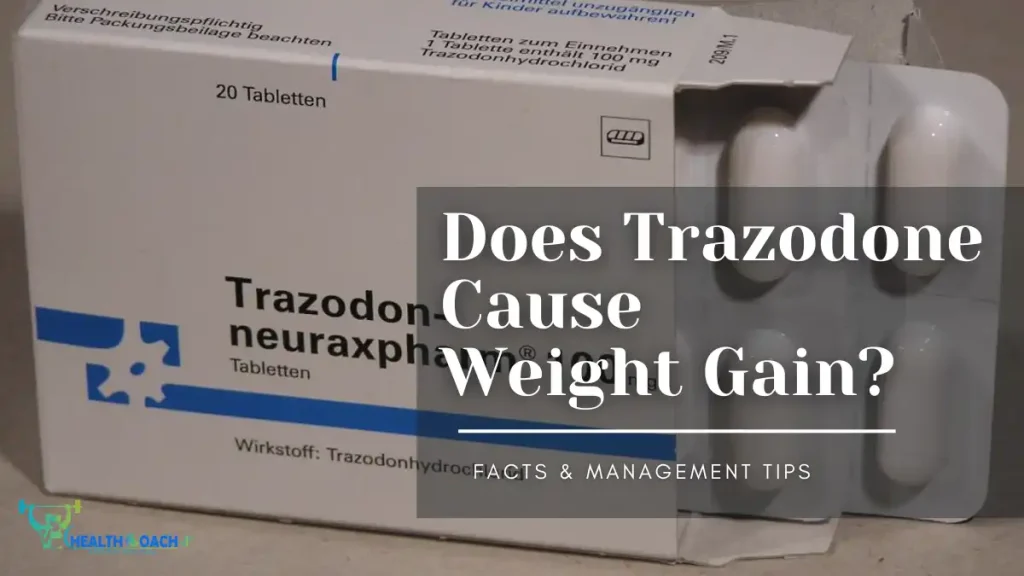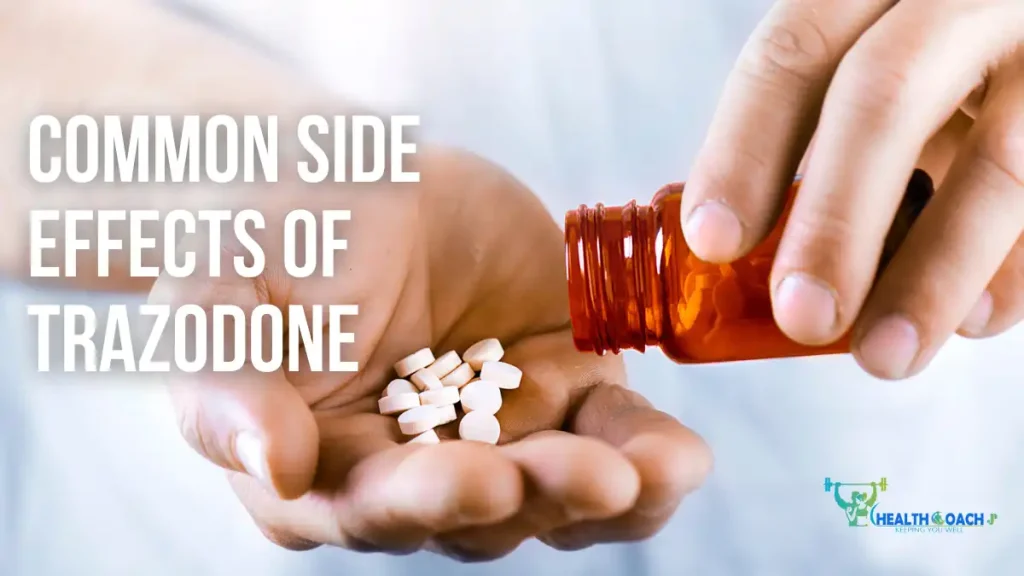Antidepressants are a lifeline for many living with depression, anxiety, or sleep disorders. However, medication side effects can be concerning—one frequent worry is weight gain. Trazodone is a widely prescribed antidepressant also used off-label for insomnia. But does Trazodone cause weight gain? This article explores the research, considers individual experiences, and offers practical tips for managing potential weight changes.
What Is Trazodone Used For?
- Primary Use: Trazodone is primarily prescribed to treat major depressive disorder.
- Off-label Uses: It is commonly used to alleviate insomnia and sometimes recommended for anxiety or chronic pain.
- How It Works: Trazodone is classified as a serotonin antagonist and reuptake inhibitor (SARI). It modulates serotonin levels, influencing mood, appetite, sleep, and some cognitive functions.
Common Side Effects of Trazodone
While generally well-tolerated, trazodone can cause side effects including:
- Drowsiness or sedation
- Dizziness and headache
- Nausea or vomiting
- Dry mouth or increased saliva
- Blurred vision
- Rarely, weight changes (both gain and loss)
- Changes in appetite
Most people tolerate trazodone well, especially when starting at a low dose that is gradually increased as needed.
Trazodone and Weight Gain: What Does the Research Say?
The Evidence
- Not a Common Side Effect: Clinical studies show that weight gain is not a frequent side effect of trazodone. In fact, weight loss may be just as, or even slightly more, common.
- Statistics: About 5% of trazodone users reported weight gain, while about 6% reported weight loss in clinical trials.
- Comparison with Other Antidepressants: Trazodone is considered a lower risk for weight gain than many other antidepressants, such as tricyclic antidepressants (TCAs) or some selective serotonin reuptake inhibitors (SSRIs).
Why Might Weight Gain Happen?
While weight gain is rare, it can occur due to several factors:
- Changes in Appetite: Trazodone may impact appetite-regulating hormones like leptin and ghrelin, increasing hunger in sensitive individuals.
- Metabolic Changes: Depression treatments can alter metabolism, though this happens less often with trazodone than with other antidepressants.
- Mood Improvement: As depressive symptoms ease, appetite can return, and enjoyment of food increases, which may appear to be a medication side effect.
- Reduced Physical Activity: Trazodone’s sedative effect can cause fatigue, possibly leading to less exercise and more weight gain for some.
Why Might Weight Loss Occur?
Conversely, trazodone has also been linked to weight loss:
- Appetite Suppression: Some people experience a decrease in appetite, leading to fewer calories consumed.
- Improved Sleep: Better sleep can normalize hormones affecting hunger, sometimes resulting in weight stabilization or loss.
Antidepressants and Weight Gain: The Broader Picture
Not all antidepressants have the same impact on weight:
- High-Risk Antidepressants: Tricyclic antidepressants (TCAs) and some SSRIs (like paroxetine) are far more likely to cause weight gain than trazodone.
- Reason for Weight Changes: The mechanisms are complex and not fully understood, involving mood, appetite, energy, and lifestyle.
Practical Tips for Managing Weight While on Trazodone
If you’re taking trazodone and are concerned about weight gain:
- Track Your Weight and Appetite: Monitoring changes can help you and your provider spot trends early.
- Exercise Regularly: Even light activity helps manage weight, improves mood, and can counteract medication-related fatigue.
- Focus on Nutrition: Opt for balanced, wholesome meals rich in fruits, vegetables, lean proteins, and whole grains. Limit added sugars and processed foods.
- Stick to a Sleep Routine: Good sleep benefits both mental health and metabolism. Try to go to bed and wake up at the same times each day.
- Consult Your Provider: If you notice sustained weight changes, do not stop trazodone suddenly. Talk to your healthcare provider for guidance—they may suggest adjusting your dose, switching medications, or more targeted lifestyle recommendations.
- Stay Hydrated: Drinking adequate water can help regulate appetite and support metabolism.
Trazodone: Dosage and Safety Precautions
- Starter Dose: Typically 50–150mg per day for depression, or 25–100mg per day for insomnia. Always follow your prescriber’s guidance.
- Precautions: Not recommended with MAO inhibitors (MAOIs), and use caution during pregnancy/breastfeeding unless advised otherwise.
- Consult Before Changes: Don’t adjust your dose or stop medication without consulting your provider.
Conclusion: Should You Worry About Weight Gain with Trazodone?
For most people, trazodone is unlikely to cause significant weight gain. The risk exists but is lower than with many other antidepressants, and some people may even lose weight while taking it. Healthy lifestyle habits (balanced diet, regular exercise, good sleep) are the best way to manage your weight on any antidepressant.
If you have concerns, open communication with your healthcare provider will help you balance mental wellness and physical health.
Frequently Asked Questions
Most users experience minimal or no change. The average gain in clinical trials is about 1–2 pounds over several weeks, less than many other antidepressants.
Trazodone is less likely to hinder weight loss compared to other antidepressants. For most, it does not significantly interfere with weight management.
Weight change after stopping the medication varies. Some may lose weight, others might not see much difference. Changes often depend on individual metabolism, activity level, and the underlying reason for taking trazodone.
Do not stop trazodone without talking to your doctor. Sudden cessation can worsen depression and cause withdrawal symptoms. Your provider can safely evaluate and suggest next steps.




